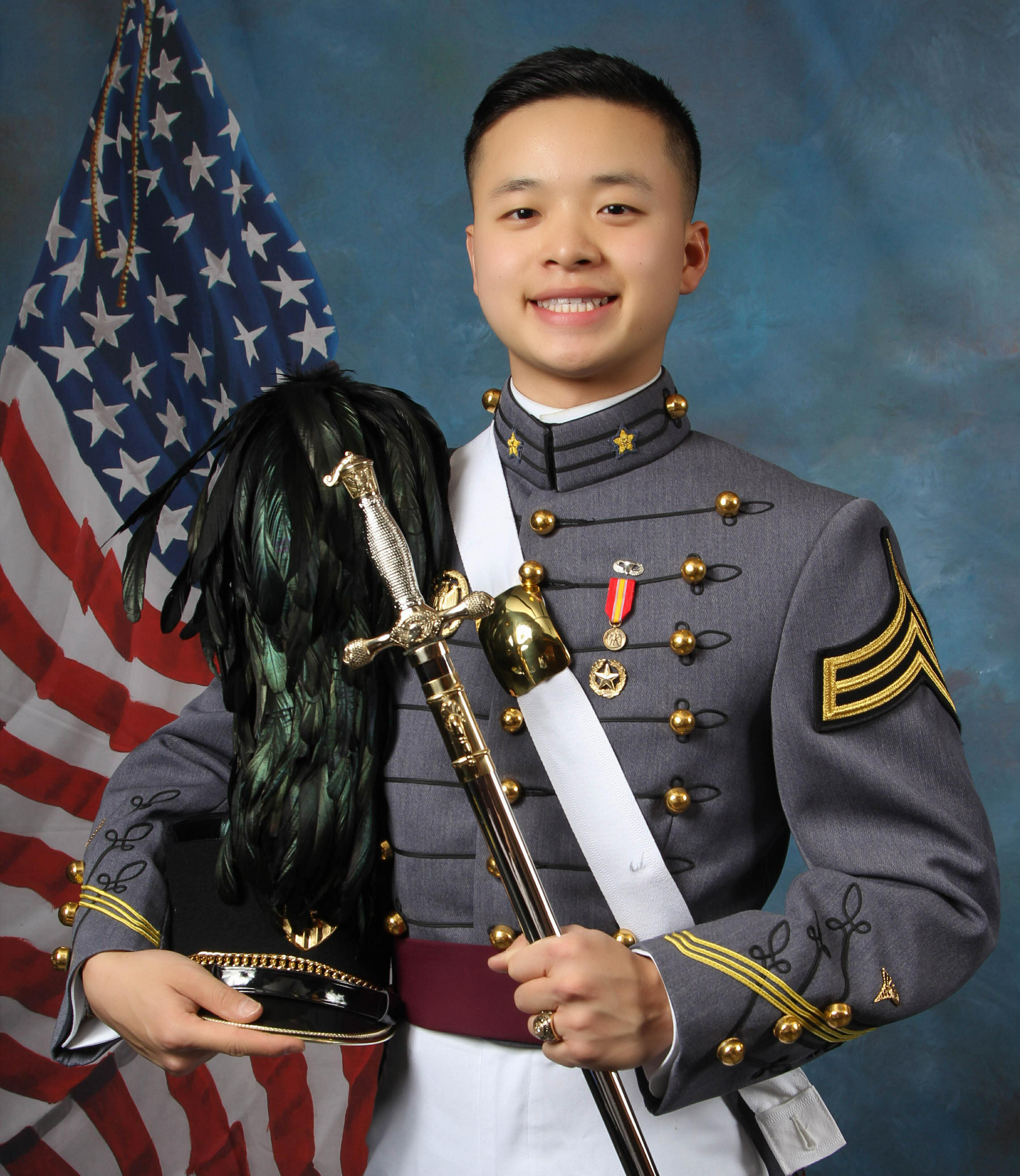
Judge: Parents of dead West Point cadet can use his sperm
WEST POINT, N.Y. (AP) — The parents of a 21-year-old West Point cadet fatally injured in a skiing accident can use his frozen sperm to produce a child, a judge ruled while noting potential ethical considerations.
Supreme Court Justice John Colangelo’s ruling, dated Thursday, gives Peter Zhu’s parents the ability to attempt conception with a surrogate mother using their late son’s sperm. The judge said Zhu’s parents have not decided whether they will try to use it.
“At this time, the court will place no restrictions on the use to which Peter’s parents may ultimately put their son’s sperm, including its potential use for procreative purposes,” Colangelo wrote.
Zhu, of Concord, California, died after a ski accident in February at West Point. His parents received court permission to have his sperm retrieved and frozen at the same time he underwent organ donation surgery, but the judge waited until last week to rule on whether they could attempt reproduction. The sperm is preserved at a sperm bank.
Colangelo said he found no restrictions in state or federal law. He noted that few courts have addressed the issue of posthumous reproduction, but those who have addressed it used the decedent’s intent as a deciding factor. He cited a 2008 case where a court ordered destruction of a man’s sperm according to his written request during his lifetime, despite his widow’s claim to the sperm as her property.
He also cited a 1993 case where a court held that a dead man’s estate representative didn’t have the right to destroy his frozen sperm in light of his written intent that it be stored for possible future use by his longtime girlfriend.
Zhu left no written intention regarding the use of his genetic material for procreation after his death, Colangelo said. But he said Zhu’s parents testified regarding conversations where he talked of his dream of having several children and the responsibility he felt to carry on his cultural and family legacy. Zhu’s military advisor at West Point also testified that Zhu had stated a goal of having several children during mentoring sessions.
Monica Minzhi Yao, Zhu’s mother, said Monday that the family wants privacy and will not comment on the case. “We are extremely devastated over this freak accident,” she said. “Our pain is something that no words can describe.”
And while Colangelo left the decision of what to do with Zhu’s sperm up to his family, he noted there may be other obstacles including reluctance of some doctors to assist for ethical reasons.
Typically, court cases involving posthumous reproduction are filed by surviving spouses, not parents. But Zhu’s case isn’t unprecedented.
In 2007, a court in Iowa authorized recovery of a man’s sperm by his parents to donate to his fiance for future procreative use. In 2009, a Texas woman got a judge’s permission to have her 21-year-old son’s sperm extracted after his death, with the intention of hiring a surrogate mother to bear her a grandchild.
In 2018, the American Society for Reproductive Medicine issued ethical guidelines for fertility centers on posthumous collection of reproductive tissue. The organization said it’s justifiable if authorized in writing by the deceased. Otherwise, it said, programs should only consider requests from the surviving spouse or partner.
The Western Journal has not reviewed this Associated Press story prior to publication. Therefore, it may contain editorial bias or may in some other way not meet our normal editorial standards. It is provided to our readers as a service from The Western Journal.
Truth and Accuracy
We are committed to truth and accuracy in all of our journalism. Read our editorial standards.
Advertise with The Western Journal and reach millions of highly engaged readers, while supporting our work. Advertise Today.












